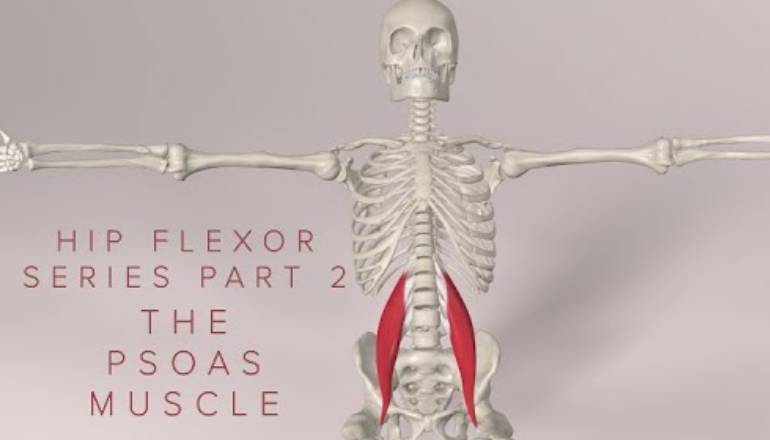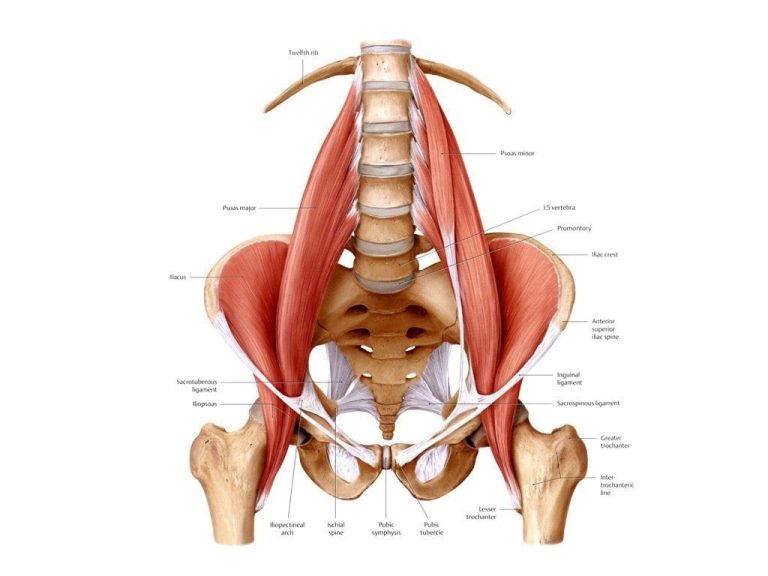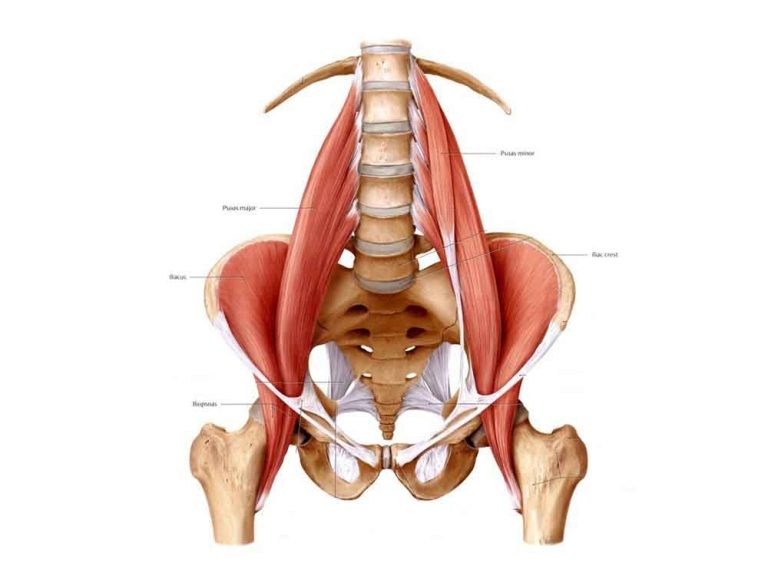Understanding the Connection Between Your Psoas Muscle and Digestive Health
The psoas muscle is a vital part of the human body, and when it is out of balance, it can cause a number of digestive problems. This article will explore the connection between the psoas muscle and digestive issues, including how to recognize symptoms and what treatments are available.
We will also discuss how to prevent psoas-related digestive issues from occurring in the first place. By understanding the relationship between the psoas muscle and digestion, you can take steps to maintain your health and well-being.
Can a tight psoas cause digestive issues?
The psoas muscle is an important part of the body’s core and plays a role in many everyday activities. It also affects the digestive system, so it stands to reason that tight psoas can cause digestive issues. In this article, we will take a look at how tight psoas can affect digestion and what you can do to help alleviate any problems.
The psoas muscle connects the lower back to the femur and is responsible for hip flexion. When it becomes tight, it can put pressure on nearby organs such as the stomach, small intestine, and colon. This pressure can lead to constipation, bloating, abdominal pain, heartburn, nausea, and other digestive issues.
A tight psoas can also interfere with normal digestion by limiting blood flow to the digestive organs. This can cause food to move more slowly through the intestines which can lead to gas and bloating. It may also prevent your body from properly absorbing nutrients from food.
In addition to digestive problems, the tight psoas can also cause other issues such as lower back pain and hip pain. If left untreated, these symptoms may worsen over time.
To help relieve any discomfort caused by a tight psoas muscle, regular stretching is recommended. Stretching should focus on lengthening the muscle and allowing it to relax. Additionally, massage therapy or foam rolling may be beneficial in relieving tension in the area.
It’s also important to address any underlying causes of your tight psoas such as poor posture or weak core muscles. Strengthening exercises that target the core muscles may help improve posture and reduce tension in the area.
If you are experiencing persistent digestive issues despite trying various methods of relief then you should consult your doctor for further evaluation. They will be able to determine if there is an underlying medical condition causing your symptoms or if they are being caused by something else such as stress or poor diet.
Overall, a tight psoas muscle can have an effect on digestion due to its proximity to nearby organs. Regular stretching and strengthening exercises may help alleviate some of these symptoms but if they persist then it’s important to seek medical advice.
Can psoas muscle cause bowel problems?
The psoas muscle, also known as the iliopsoas, is a deep muscle located in the lower back and abdomen. It plays an important role in hip flexion and stabilization of the spine. In recent years, there has been growing evidence that this muscle can be the source of many health issues, including bowel problems.
The psoas muscle attaches to various structures in the pelvic area, including the colon and small intestine. When this muscle becomes tight or irritated, it can cause pressure on these organs, leading to pain and discomfort. This can manifest as constipation, bloating, diarrhea, or other gastrointestinal issues.
In addition to physical symptoms, the tight psoas can also cause emotional distress. Many people who suffer from chronic psoas tension report feeling anxious or depressed due to their inability to move freely or find comfort in everyday activities.
Treating tight psoas requires a combination of stretching exercises and massage therapy. Regular stretching helps to lengthen and relax the muscles while massage therapy works directly on the affected area to reduce tension and inflammation.
It is also important to pay attention to your posture throughout the day. Poor posture puts extra strain on your psoas muscle which can lead to further irritation and pain.
If you are experiencing any type of bowel problem that may be related to your psoas muscle, it’s best to consult with a medical professional for proper diagnosis and treatment options.
What are the symptoms of an inflamed Psoas?
The psoas muscle is an important part of the body, as it connects the lower spine to the upper leg. When this muscle becomes inflamed, it can cause a variety of symptoms that can be uncomfortable and even painful. Knowing the signs of an inflamed psoas can help you get the treatment you need to get relief.
One of the most common symptoms of an inflamed psoas is a pain in your lower back, hip, or groin area. This pain may be sharp and localized or more diffuse and radiating. You may also feel a dull ache when you move your hips or make certain movements with your legs. Other symptoms include difficulty standing up straight, difficulty walking, and limited range of motion.
Stiffness in the area around your hips may also be present if you have an inflamed psoas. You may find that you are unable to stretch out fully or that your movement is restricted due to tightness in this area. Additionally, some people experience numbness or tingling sensations in their legs or feet due to nerve compression caused by swelling in the muscle.
If you are experiencing any of these symptoms, it’s important to seek medical attention right away so that a diagnosis can be made and treatment can begin. Treatment for an inflamed psoas usually involves rest and physical therapy exercises designed to strengthen and stretch the muscle. Your doctor may also recommend anti-inflammatory medications or steroid injections to reduce swelling and pain.
Final Thoughts
The psoas muscle plays a vital role in the digestive system. It helps to support the abdominal organs, regulates bowel movements, and facilitates digestion. When the psoas muscle becomes tight or weak, it can lead to digestive problems such as constipation, bloating, and abdominal pain.
To keep your digestive system healthy, it is important to keep the psoas muscle strong and flexible. With proper care and attention, you can ensure that your digestive system remains healthy and functioning properly.







